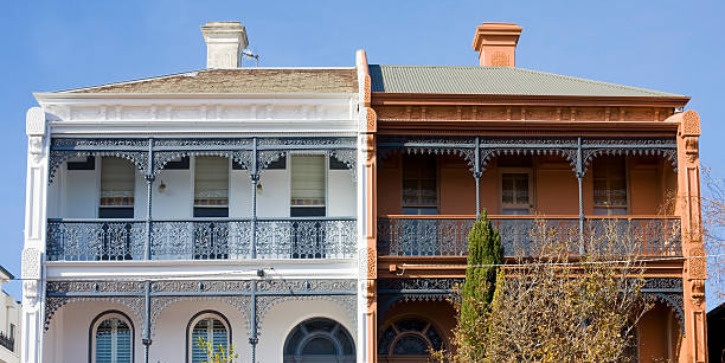
Research released by Philanthropy Australia and Seer Data about intergenerational wealth transfer proved a conversation starter in a number of media outlets last week. Figures revealed the 10 suburbs in Australia where the next generation are set to inherit more than $3 million from their parents – and where there may be new opportunities to grow giving.
Eight of the top suburbs were in NSW and two in Victoria. The list includes Sydney’s north shore and West Pennant Hills, as well as Melbourne’s beachside Brighton. The data lists the top 10 suburbs for each state and territory and is available on the Seer Data website.
The research was commissioned to illustrate the opportunity that exists for families who can afford it to allocate some of their superannuation to good causes in the community. It was first published in the Australian Financial Review, before being picked up by the ABC and on social media.
“The figures jump out at you, I think that’s why this story resonated with people. An estimated $2.6 trillion will be passed between generations in the next 20 years to 2040,” Philanthropy Australia executive director of policy Sam Rosevear said.
“That’s an astounding figure to get your head around. It’s an unprecedented moment in time, related to post-war wealth multiplied by Australia’s historical resource and property booms.
“It’s also an opportunity for people to be enlivened to the joy of giving and the rewards that come from making a difference in their communities if they can afford to. If you captured 5% to 10% of that figure, it would mean $130 billion to $260 billion going to help charities.”
A previous Treasury position paper has suggested that people with super die with up to 90% of their fund being unspent. One of the key recommendations that Philanthropy Australia is making to government to double strategic giving by 2030 is to make it simpler for people to allocate a portion of their unused fund to charitable causes after they die via super bequests.
“Australia has a strong social sector full of amazing not-for-profits and foundations that are working hard to create a future where all Australians can thrive. It’s up to people to decide what they do with their super, obviously, but we’d like to encourage them to learn more about their options if they’re interested in making a difference in people’s lives.
“People who have money to pass on to their children have usually worked hard to get there. But particularly for those Australians most fortunately placed, they often also realise they can provide great support for their family, while also giving something back to society more broadly. This is about providing options for those people if that’s what triggers their heart.
“The personal rewards of seeing the impact you can make in people’s lives, in the arts, in medical research, in poverty alleviation or restoring our environment are significant. That’s what we’d like people to learn more about.”
According to a 2020 retirement income review, by 2059 around $1 in every $3 paid in superannuation will be a death benefit. Currently, unspent super can only be directed to a charity via your will (incurring 17% tax) and it’s thought that approximately 50% of Australians die without a will.
Philanthropy Australia is advocating for super reform that would allow Australians to list a charity as a benefactor in a binding death benefit nomination, in the same way a dependent can be listed, removing the 17% tax. There is broad support for such a move, as noted in Philanthropy Australia’s research done by Redbridge late last year, where 75% of the more than 2,500 people surveyed agreed that “Australians should be able to give a simple instruction to leave to charity as much of their unspent super as they decide, without a tax penalty”. Just 5.85% disagreed.
Sam said consultation with super funds and super peak bodies would be essential to ensure their expertise and experience is tapped, and the reform can be implemented smoothly.
“I think it will, over time, become a national custom, where some Australians will say, ‘You know, we’ve done pretty well. I think we’re in a position to give some of my super away when I die’,” Sam said.